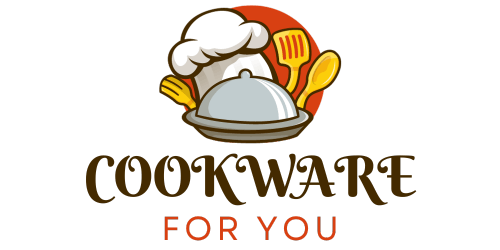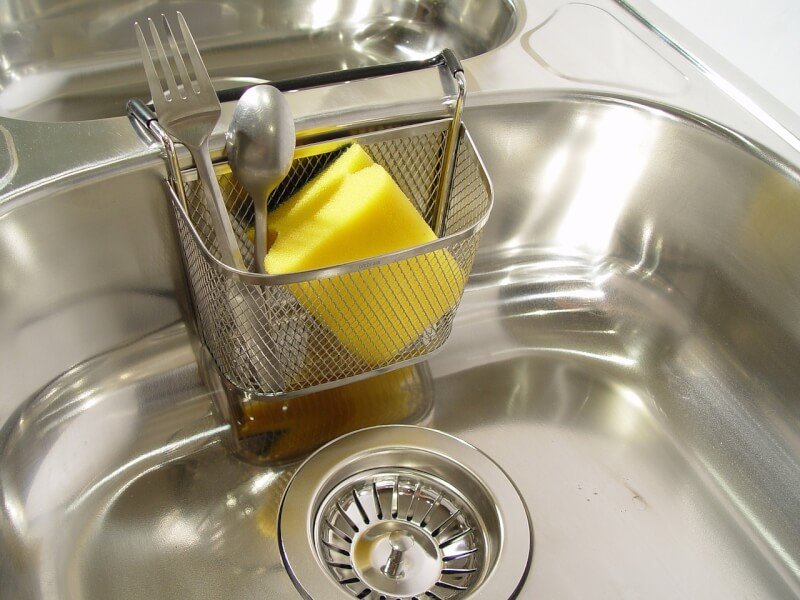Are you tired of your baked goods turning out unevenly cooked or burnt in your gas oven? Look no further, as we have the solution for you. In this article, we will explore the best bakeware options specifically designed for gas ovens. Whether you’re a professional baker or a passionate home cook, we will guide you through the top choices that will ensure your baked goods come out perfectly every time. Say goodbye to uneven browning and hello to consistently delicious treats with the best bakeware for gas ovens.
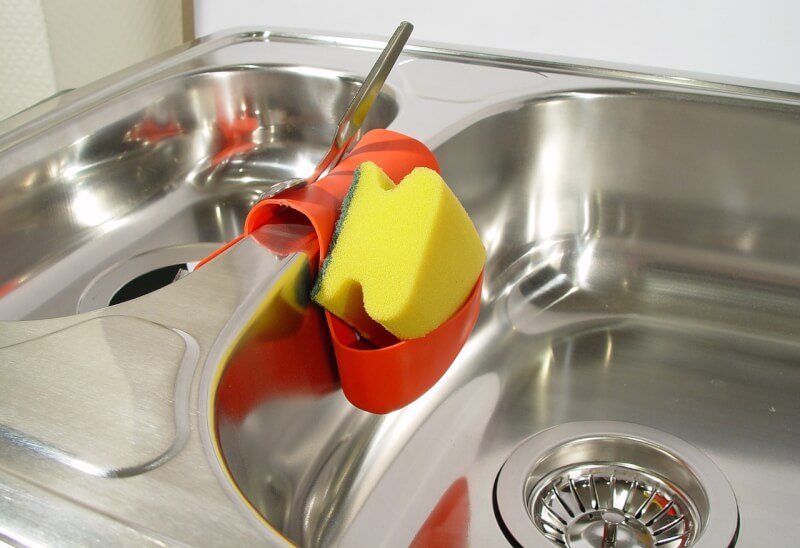
Material
When it comes to choosing the best bakeware for your gas oven, the material plays a crucial role. Different materials have different properties that can affect your baking experience. Here are some popular materials used in bakeware:
Aluminum
Aluminum bakeware is lightweight, affordable, and delivers excellent heat conductivity. It ensures even heat distribution, resulting in evenly baked goods. Aluminum pans are also rust-resistant and ideal for recipes that require quick-cooking or browning.
Stainless Steel
Stainless steel bakeware is known for its durability and strength. It is resistant to corrosion, staining, and scratching, making it a long-lasting option. Although stainless steel has lower heat conductivity compared to other materials, it is often combined with aluminum or copper cores to enhance heat distribution.
Cast Iron
Cast iron is a classic choice for bakeware due to its superior heat retention properties. It heats up slowly and maintains a steady temperature, making it perfect for dishes that require slow cooking or baking. Cast iron pans are durable but require regular seasoning and care to prevent rusting.
Glass
Glass bakeware is popular for its versatility and excellent heat resistance. It allows you to monitor the browning and baking process, making it ideal for casseroles, lasagnas, and pies. However, it may take longer to heat up compared to metal pans.
Ceramic
Ceramic bakeware offers a beautiful presentation and even heat distribution. It can go from oven to table, adding a touch of elegance to your meals. Ceramic pans may require slight adjustments to baking times and temperatures due to their heat retention properties.
Type of Bakeware
Choosing the right type of bakeware can greatly impact the outcome of your recipes. Here are some common types of bakeware to consider:
Baking Sheets
Baking sheets, also known as cookie sheets, are versatile and perfect for baking cookies, pastries, sheet cakes, and more. They usually feature a flat surface with raised edges that prevent juices or excess oil from spilling.
Cake Pans
Cake pans are available in various shapes and sizes, including round, square, and rectangular. They are designed specifically for baking cakes and can help achieve even baking and consistent results. Non-stick cake pans are particularly beneficial for easy cake release.
Muffin Pans
Muffin pans are indispensable for baking muffins, cupcakes, and individual-sized desserts. They come in various sizes, allowing you to choose between mini, standard, or jumbo muffins. Look for non-stick coating for effortless removal.
Pie Dishes
Pie dishes are essential for baking delicious pies with golden, flaky crusts. They come in different materials and sizes, including deep-dish options for those extra generous fillings. A fluted edge design can add a decorative touch to your pies.
Casserole Dishes
Casserole dishes are perfect for baking hearty one-dish meals like lasagna, macaroni and cheese, or casseroles. They come in various shapes and sizes and often feature a lid for easy storage and transportation.
Loaf Pans
Loaf pans are ideal for baking bread, cakes, and meatloaf. They come in different sizes, allowing you to choose the perfect one for your recipe. Look for options with non-stick coating for easy release and cleanup.
Roasting Pans
Roasting pans are designed specifically for roasting meats and vegetables. They usually feature a deep rectangular shape and come with a rack to elevate the food and allow the juices to drip off. Look for pans with sturdy handles for easy maneuvering.
Cookie Sheets
Cookie sheets are essential for baking perfect cookies. They are generally flat and do not have raised edges, allowing the heat to circulate evenly around the cookies. Look for sheets with non-stick surfaces for effortless removal.
Pizza Stones
Pizza stones help you achieve a crispy crust and even cooking for homemade pizzas. They are often made from ceramic or cordierite and can withstand high oven temperatures. Look for options that come with a pizza peel for easy transfer.
Bundt Pans
Bundt pans are famous for their distinct ring shape and are perfect for making beautiful pound cakes and decorative desserts. They often feature a non-stick coating to ensure easy release of the delicate designs.
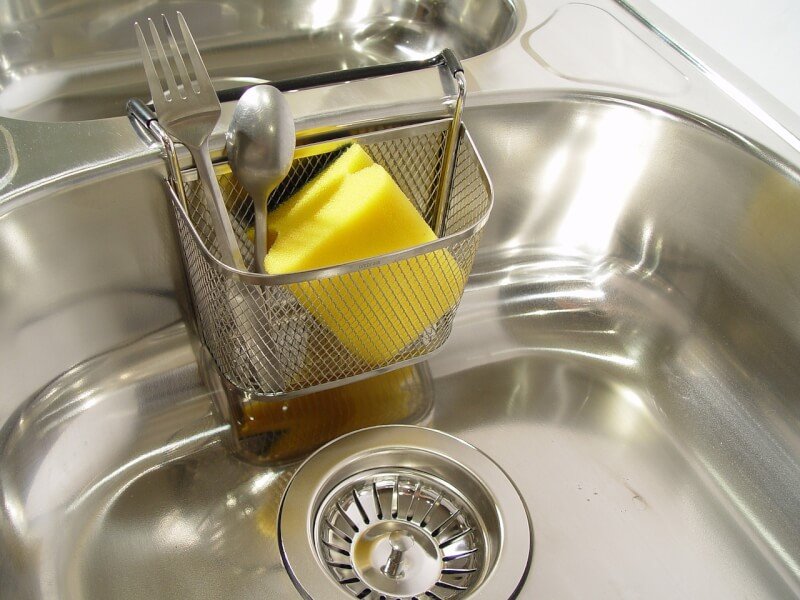
Heat Distribution
Even heat distribution is imperative for achieving perfectly baked goods. Consider the following factors when choosing bakeware for your gas oven:
Even Heat Distribution
Bakeware with good heat distribution ensures that your recipes bake uniformly. Look for pans made of materials like aluminum or stainless steel with an additional layer of copper for optimal heat conductivity. This will prevent hot spots and ensure consistent results.
Non-Stick Surface
A non-stick surface can make your baking experience much more enjoyable. It promotes easy food release, reduces the need for excessive oil or butter, and simplifies cleaning. Look for bakeware with a high-quality non-stick coating that is durable and free from harmful chemicals.
Thermal Shock Resistance
Thermal shock resistance is essential for bakeware, especially glass and ceramic. It refers to the ability of the material to withstand sudden temperature changes without cracking or breaking. Make sure the bakeware you choose can handle the transition from the oven to the countertop or freezer without any issues.
Size and Shape
The size and shape of your bakeware can impact the cooking time and presentation of your dishes. Consider the following factors when choosing bakeware:
Standard Sizes
Standard-sized bakeware is readily available and fits most recipes. They are a safe choice if you’re unsure about the appropriate size for your needs. Standard cake pans, muffin pans, and loaf pans come in commonly used dimensions, making it easy to find matching recipes.
Custom Sizes
Custom-sized bakeware allows you to bake dishes tailored to your specific needs. Whether you’re looking for an extra-large roasting pan or a petite pie dish, custom-sized options ensure that your creations turn out just right. However, keep in mind that finding recipes with specific measurements may require a bit more effort.
Rectangular
Rectangular bakeware, such as baking sheets and casseroles, offers ample space for baking large batches of cookies or family-sized meals. They are versatile and fit well in most ovens, making them a popular choice for daily baking and cooking.
Round
Round bakeware, including cake pans and pie dishes, provides a classic shape for traditional baked goods. They are ideal for layer cakes, pies, quiches, and tarts. The rounded edges can also add an elegant touch to your culinary creations.
Square
Square bakeware, such as baking pans and brownie pans, yields uniform portions and is ideal for bar desserts and square cakes. They are a versatile option for both sweet and savory recipes, including lasagnas and breakfast casseroles.
Oval
Oval bakeware, commonly used for roasts and gratins, offers a unique and elegant presentation for your dishes. It provides a generous cooking space, allowing you to easily accommodate larger portions and cuts of meat.
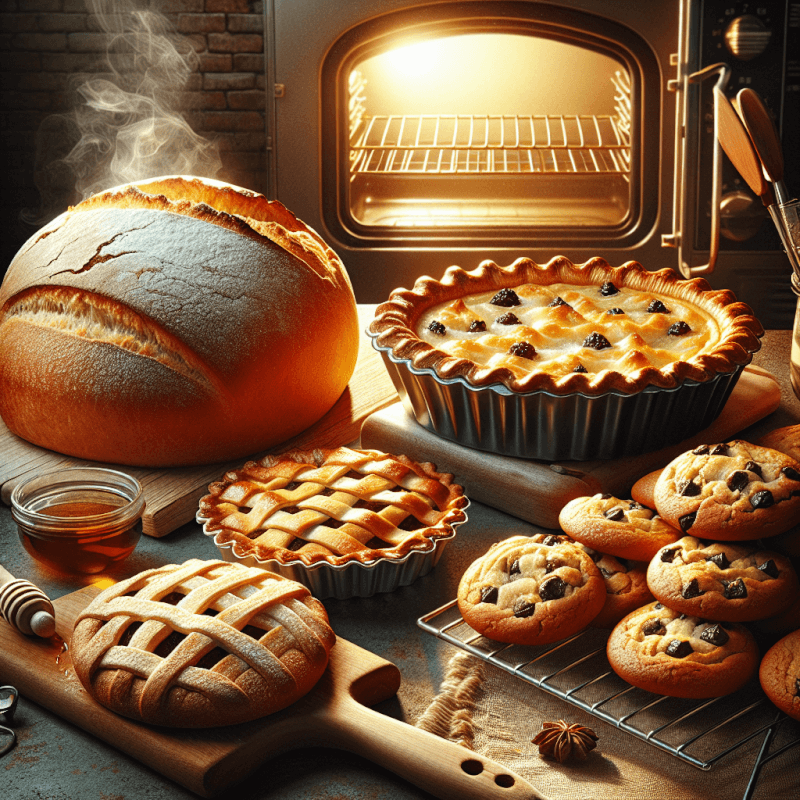
Temperature Resistance
Given that gas ovens can reach high temperatures, it’s crucial to choose bakeware that can handle the heat. Consider the following factors when assessing the temperature resistance of your bakeware:
High Temperature Resistance
Look for bakeware that can withstand high oven temperatures, typically above 400°F (204°C). This is especially important when baking bread, pizzas, or recipes that require a quick, high-heat cooking method. Materials like aluminum, stainless steel, and cast iron are known for their heat resistance.
Heat Limitations
While most bakeware can handle standard oven temperatures, some materials may have heat limitations. For example, glass and ceramic bakeware may be more prone to thermal shock at extreme temperature changes. Check the manufacturer’s guidelines and avoid sudden shifts from hot to cold or vice versa to prevent cracking or breaking.
Oven Safety Guidelines
Always refer to your oven’s instruction manual for specific safety guidelines. Gas ovens can have different heat distribution characteristics compared to electric ovens, which may affect baking times and temperatures. Familiarize yourself with your oven’s settings and use an oven thermometer to ensure accurate temperature readings.
Durability
Investing in durable bakeware ensures that your kitchen essentials will last for years to come. Consider the following factors when assessing the durability of your bakeware:
Longevity
Choose bakeware made from high-quality materials that are known for their durability. Stainless steel, cast iron, and certain ceramics are excellent choices as they can withstand repeated use without warping or deteriorating.
Resistance to Warping
Warping can negatively affect your baking results, so opt for bakeware that is resistant to warping. Look for pans with reinforced rims or sturdy construction that can maintain their shape even under high temperatures. This will ensure that your cakes rise evenly and your cookies bake uniformly.
Scratch Resistance
Scratch resistance is essential to prolong the lifespan of your bakeware. Avoid using sharp utensils or abrasive sponges that can scratch the surface of your pans. Opt for materials like stainless steel or bakeware with a durable non-stick coating that can withstand regular use and cleaning without scratches appearing.
Dishwasher Safety
If convenience is a priority, consider bakeware that is dishwasher safe. This allows for easy cleanup without the need for extensive handwashing. However, be sure to check the manufacturer’s instructions for any specific dishwasher guidelines to prevent the risk of damage.
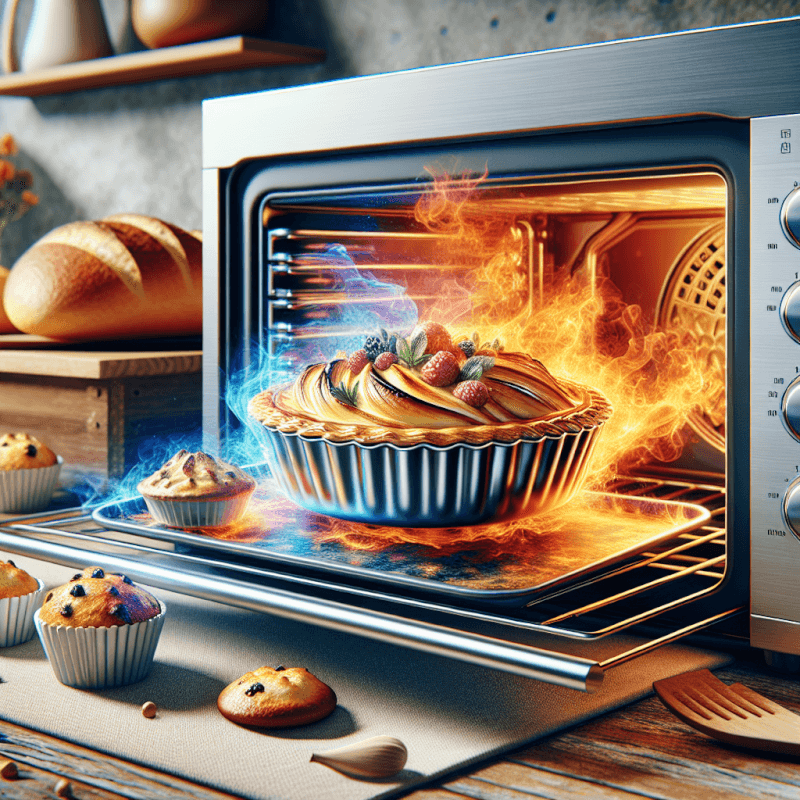
Non-Stick Coating
A good non-stick coating can make a significant difference in your baking experience. Consider the following factors when assessing the non-stick coating of your bakeware:
PTFE or PFOA Free
PTFE (polytetrafluoroethylene) and PFOA (perfluorooctanoic acid) are commonly used in non-stick coatings. However, some individuals prefer to avoid these chemicals due to health and safety concerns. Look for bakeware that explicitly states it is PTFE or PFOA free to ensure peace of mind.
Silicone Coating
Silicone coatings are becoming increasingly popular in non-stick bakeware. Silicone is a flexible and heat-resistant material that provides an excellent non-stick surface. It is also relatively easy to clean and offers better durability compared to traditional non-stick coatings.
Ceramic Coating
Ceramic coatings are another non-stick option gaining popularity. They are free from PTFE and PFOA and provide a durable and eco-friendly alternative. Ceramic-coated bakeware also offers excellent heat distribution and does not leach harmful chemicals into your food.
Bakeware Sets
Consider investing in a bakeware set to have all the essential pieces at your fingertips. Here are some advantages and considerations when choosing bakeware sets:
Advantages of Bakeware Sets
Bakeware sets offer convenience and versatility in your kitchen. They typically come with a variety of pans and dishes that cover a range of recipes and needs. Bakeware sets are often more cost-effective than buying individual pieces separately, making them a popular choice for both beginners and experienced bakers.
Popular Bakeware Sets for Gas Ovens
There are numerous bakeware sets available for gas ovens, each with its own strengths. Popular options include stainless steel sets with non-stick coatings, ceramic-coated sets for even heat distribution, or sets that combine multiple materials for optimal performance. Consider your specific baking needs and read reviews to find the best set for your gas oven.
Recommended Brands for Bakeware Sets
Several well-known brands offer high-quality bakeware sets suitable for gas ovens. Some recommended brands include Calphalon, Cuisinart, Nordic Ware, Rachael Ray, and Pyrex, known for their durable and reliable bakeware. Research the different product lines and reviews to find the best bakeware set that fits your budget and requirements.
Budget Consideration
While it’s important to invest in quality bakeware, budget considerations may also be a factor. Here are some aspects to consider when balancing your budget:
Affordable Options
There are affordable bakeware options available that do not compromise on quality. Aluminum bakeware is often more affordable compared to stainless steel or ceramic. It offers excellent heat distribution and is perfect for everyday baking needs without breaking the bank.
Value for Money
Consider the value for money when choosing bakeware. Assess the durability, versatility, and warranties offered by different brands to ensure that you get the most out of your investment. Sometimes spending a bit more upfront can save you money in the long run if it means avoiding the need to constantly replace worn-out pans.
Long-Term Investment
Bakeware is an essential part of any kitchen, and investing in high-quality pieces can be viewed as a long-term investment. Consider the frequency with which you bake and choose bakeware that will withstand years of use. Remember, investing in durable and reliable bakeware can ultimately save you money by eliminating the need for frequent replacements.
Cleaning and Maintenance
Easy cleaning and proper maintenance can prolong the life of your bakeware. Consider the following factors when assessing the cleaning and maintenance requirements of your bakeware:
Easy to Clean
Look for bakeware that is easy to clean to save time and effort. Non-stick coatings help prevent food from sticking, making cleanup a breeze. Bakeware that is dishwasher safe can also simplify your cleaning routine. However, always check the manufacturer’s instructions to ensure that your bakeware is suitable for the dishwasher.
Dishwasher Safe
If convenience is a priority, opt for bakeware that is dishwasher safe. Many bakeware pieces are specifically designed to withstand the dishwasher’s heat and cleaning cycles. However, handwashing is generally recommended for non-stick coatings and pans that require extra care.
Handwashing Recommended
While some bakeware may be labeled as dishwasher safe, handwashing is often recommended to preserve the integrity of the non-stick coating or prevent scratching. Follow the manufacturer’s instructions for the best cleaning methods and use gentle cleaning agents and non-abrasive sponges to avoid damaging the bakeware.
In conclusion, choosing the best bakeware for your gas oven involves considering the material, type, heat distribution, size and shape, temperature resistance, durability, non-stick coating, bakeware sets, budget considerations, and cleaning and maintenance requirements. Whether you prioritize even heat distribution, non-stick surfaces, or long-lasting durability, there are numerous options available to help you achieve baking success. Consider your specific needs, preferences, and budget to find the perfect bakeware that will enhance your culinary creations for years to come. Happy baking!
